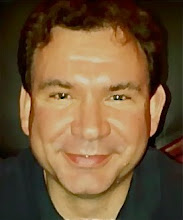Once upon a time two explorers came upon a clearing in the jungle. In the clearing were growing many flowers and many weeds. One explorer says, "some gardener must tend this plot." The other disagrees, "There is no gardener." So they pitch their tents and set a watch. No gardener is ever seen. "But perhaps he is an invisible gardener." So they set up a barbed-wire fence. They electrify it. They patrol with bloodhounds. (For they remember how H.G. Wells's The Invisible Man could be both smelt and touched though he could not be seen.) But no shrieks ever suggest that some intruder has received a shock. No movements of the wire ever betray an invisible climber. The bloodhounds never give cry. Yet still the Believer is not convinced. "But there is a gardener, invisible, intangible, insensible to electric shocks, a gardener who has no scent and makes no sound, a gardener who comes secretly to look after the garden which he loves." At last the skeptic despairs, "But what remains of your original assertion? Just how does what you call an invisible, intangible, eternally elusive gardener differ from an imaginary gardener or even from no gardener at all?"Now Flew says that because of the complexity of the garden, i.e. DNA, this invisible, intangible, eternally elusive gardener must exist.
Are Presidents Above the Law? Donald Trump thinks presidents...
-
*Are Presidents Above the Law? *
Donald Trump thinks presidents should be allowed to commit crimes. Rubbish.
Trump claims that quote, “A PRESIDENT OF THE...
7 hours ago
